The claim that play leads to peace may seem to be an outrageous assertion but I am confident that by the end of this essay you will not only agree but also come to believe that it may be the best means of creating a more peaceful planet.
First, let’s be clear, I will be talking about world peace, a reduction in war and the subjugation of people. We tend to think that ending wars comes from either victory on the field of battle or through negotiation by ambassadors. Both victory and truce only terminate conflict, they do not prevent it. Our contention is that true peace comes with the first breath of each newborn child as they are uncorrupted by hate, fear and tribal allegiance. We will therefore start with the child and show how play in childhood creates the essential seed of a peaceful world.
The Peaceful Child
It is obvious that children lack prejudice toward others and it is taught to them as they become increasing integrated into the life of their community. It would be great if we could avoid doing that but it is just not realistic to think that parents, neighbors, teachers and peers will avoid indoctrinating children with their values. Since social integration is both inevitable and necessary, children must have the capacity to rise above the negative aspects of their acculturation.
Being able to rise above fear and hate requires an inner strength, and free, child-directed play is the best way to build this strength of character. There are five ways that play has this power.
At the most fundamental level, to become independent thinkers children must have secure parental bonds. Over the past several decades attachment theory has been well studied and verified. We know that children who are not confident that they are loved and valued become either withdrawn or fearful. In today’s highly mobile world the traditional support for parents is often disrupted and the traditional knowledge of parenting can be lost. Ensuring that parents are supported with sufficient leave from work, well-designed and delivered parenting information, and opportunities to form supportive peer groups are the first steps in creating a more peaceful world.
Parental bonds are not only formed through feeding and holding but also through small separations and reunifications. Games like peek-a-boo are the intuitive ways that parents and children interact to strengthen their bonds so ultimately the child can become independent. Interacting in a spontaneous and free manner allows the child to be an equal partner in this process.
Children come into this world small, weak and fragile. In a few short years they must adapt to an ever-changing body and this adaptation can often be interrupted or disturbed in many ways. Ensuring that children are confident in their bodies and in their physical interaction with the world greatly increases the chance that they will reach their maximum potential in all areas of their development. To do this children must be allowed to address all manner of physical challenges, preferably those found in nature. They need to climb, to eat dirt, to dare and so doing become secure that they have the basis for action moment by moment. Taking on challenges is how children learn to take risks and to handle both success and failure.
In play, especially rough and tumble play, children learn how to interact with their peers. It is now understood that children learn more from their peers than from adults. Being able to negotiate, to listen, to accommodate, and to bond with peers forms the foundation of their social lives going forward. Adults all too often feel that they have to protect children from the challenges of peer play not realizing that this undermines an essential skill that cannot be learned without some pain. Free play without a referee is essential to build confident movers and shakers.
As children go through their needed challenges there will inevitably be much emotion: loss, shame, anger, love, and the whole gamut of emotions must be experienced. But more than just experiencing their emotions, children must learn to express them, and by expressing them move beyond them. All too often parents just want the crying to stop and are reluctant to allow their children to fully experience their feelings and come to a resolution. Being allowed to play intensely and fully helps children become flexible emotionally.
Finally, children need to come to know the physical world. We often are much too eager to have the children learn their numbers, solve puzzles, and other cognitive interactions in the physical and mental world. The push for learning ignores that each boy or girl has their own way of learning and their own pace at which they integrate what they have experienced. By allowing free play, especially in the first six years, much of the core cognitive knowledge will be gained ensuring the best possible developmental outcome.
Free play is the best way to for children to be able to know that they are loved and trusted, to be able to move with confidence, to be comfortable and effective with their peers, to be able to have a rich emotional life, and to deeply know the world around them. Such children will grow up with the confidence and the strength to be independent thinkers, to be able to not be swept up in the frenzy of the crowd, and to have the flexibility and generosity of spirit to accept people and ideas that are new and previously unknown. Such children, the children raised with free play, are the bulwark of peace in their communities and the world.
Peaceful Families
Raising free play children is a real challenge. Whether it’s allowing your child to take risks on the playground or letting them to walk school on their own, much of the world has turned childhood into an uber safe cocoon. There are enormous pressures to make kids “safe:” legal interventions, shaming by family or even strangers and being ostracized by your peers. This is why programs such as Gymboree Play and Music, Reggio Emilia, AnjiPlay and nature-based early childhood programs are so critical to support families as they allow their children to enjoy free play. Such programs build a community of families who are able to have a somewhat different lifestyle than the mainstream culture.
Here is the critical difference. Free play families understand that the path to optimizing their child’s potential is to allow self-determination; it is the child who largely decides what is interesting to them and how they want to explore those interests. This commitment is in stark contrast to the paternalistic approach that adults decide what children need to know and how to best educate them.
Self-determination is diametrically opposite authoritarianism and this is why free play families are also peaceful families. They tend to value diversity, consensus, and respect for differences. Conflict arises often when a community creates a “them and us” division, when those around us become the “other.” In free play there is no “other,” and while there may be mutual testing, playmates are just that, playmates.

Peaceful Communities
It is easy to spot a peaceful community; their roads have safe routes for walking and bikes, their parks have real challenges and natural areas, shopping areas are dominated by locally-owned businesses, and there are lots of community events, large and small.
There are a couple recent examples of how a playground in a peaceful community is different from traditional playgrounds.
In Palo Alto, California a new playspace called Magical Bridge has created a new paradigm. Instead of just being “accessible,” Magical Bridge is “kind,” that is, it welcomes play by everyone regardless of age, size or ability. This open embrace of differences both architecturally and programmatically has resulted in a playspace that is packed with people playing all day every day. Rather than just sticking a ramp on a commonplace play structure and calling it good, Magical Bridge is truly a space where the whole environment is playable. So successful is this new approach that very shortly after opening several communities in the surrounding area have asked for similar projects.
Coming from a very different place, Pogo Park, in Richmond, California has addressed the highly stressed and economically depressed conditions typical of many inner-urban communities in America by using community organizing with a focus on play as the mechanism for transforming blight into a peaceful community.
One of the most effective tools employed by the Pogo Park team is “keeping the money local.” They accomplish this by, to the greatest extent possible, employing members of the community in creating and operating the playspaces they create. Over time this approach has resulted in many neighbors gaining much-needed professional skills and expanding the capacity of the Pogo team to take on increasingly more challenging projects. A Pogo playspace is truly of the people, by the people and for the people.
There are two qualities common to Pogo and Magical Bridge. Knowledgeable community members who know how to manage their respective spaces staff both programs. The primary goal for this staffing is creating a “safe” environment. Here, safe is not the imposition of rules, vandal proof construction, or policing. Rather the environment is safe because the staff, whether volunteer or paid, makes a concerted effort to build relationships. At Magical Bridge the team is called “kindness ambassadors” and are tasked with occasionally facilitating interactions between players of differing abilities. At a Pogo Park the team makes sure that visitors are welcome and that all the children are protected as needed.
Give Peaceful a Chance
Humans have two sides, the strict father and the nurturing mother. Individuals and cultures tend to swing between these extremes and throughout history most conflicts can be seen as the clash between them.
Today modern psychology has come to understand this dichotomy in a very deep way and tells us that the majority of our thoughts and actions spring not from our conscious ideation but from our unconscious. Similarly advances in cognitive science tells us that there truly are differences in the brains of people that cause them to be more inclined toward the strict father or nurturing mother personas. These insights help explain such disparate phenomena as why facts are not relevant to the strict father and that reasoning is actually counter-productive or why dog training with hardened inmates is more effective at normalizing their behavior than harsher punishment.
Mediation, play and music are examples of effective ways of creating a more balanced life in both individuals and societies. Allowing free play for all children, supporting families as they allow their children to engage in self-directed discovery, and by supporting communities that foster diversity and inclusion will create a more peaceful world.
It is in these small steps, started with the first breath of life, that create a fertile ground for self-directed play, that foster true democracy and ultimately world peace.
Resources:
- Don't Think of an Elephant!: Know Your Values and Frame the Debate – September 23, 2014 by George Lakoff
- Differences in negativity bias underlie variations in political ideology. John R. Hibbing (a1), Kevin B. Smith (a2) and John R. Alford (a3)


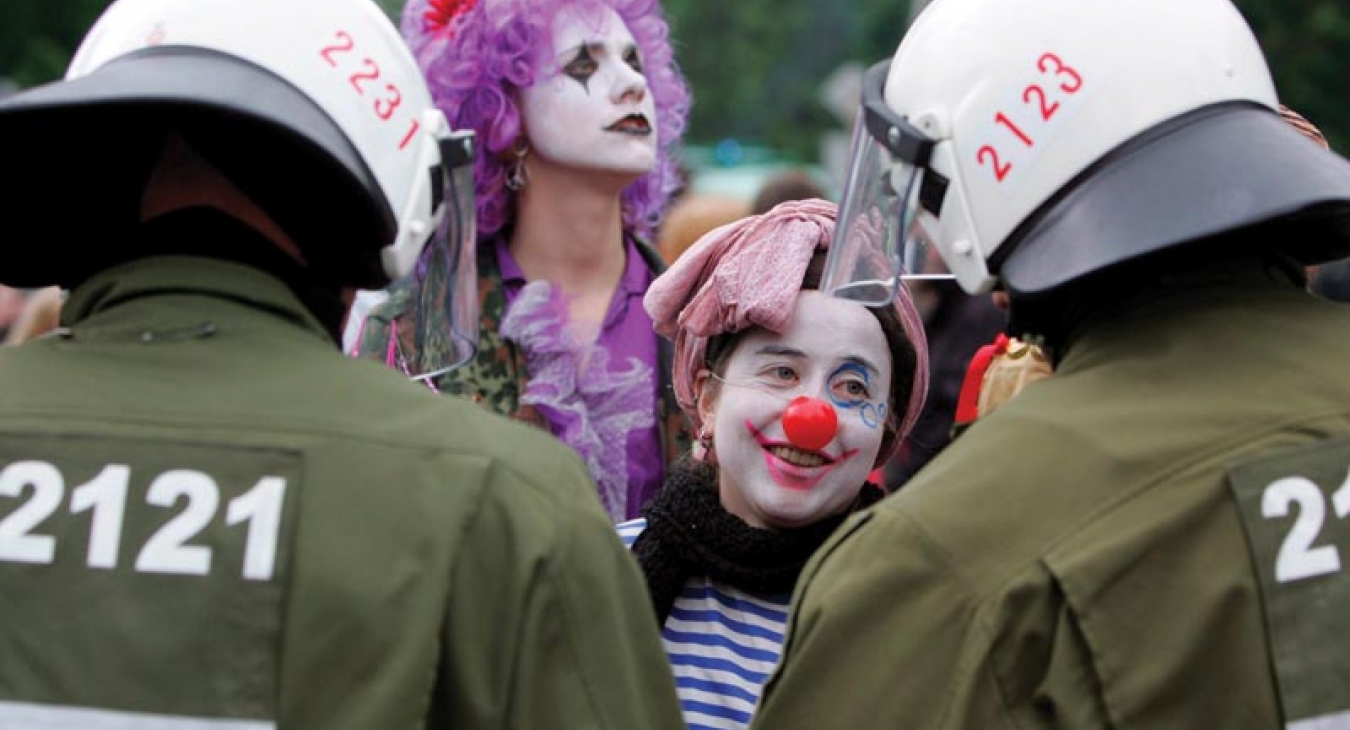
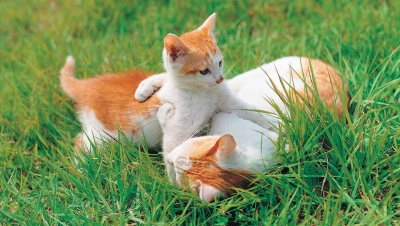
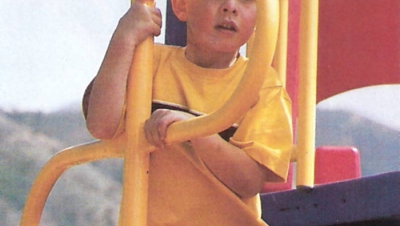
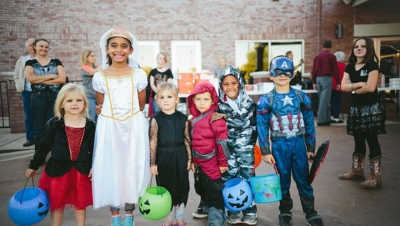
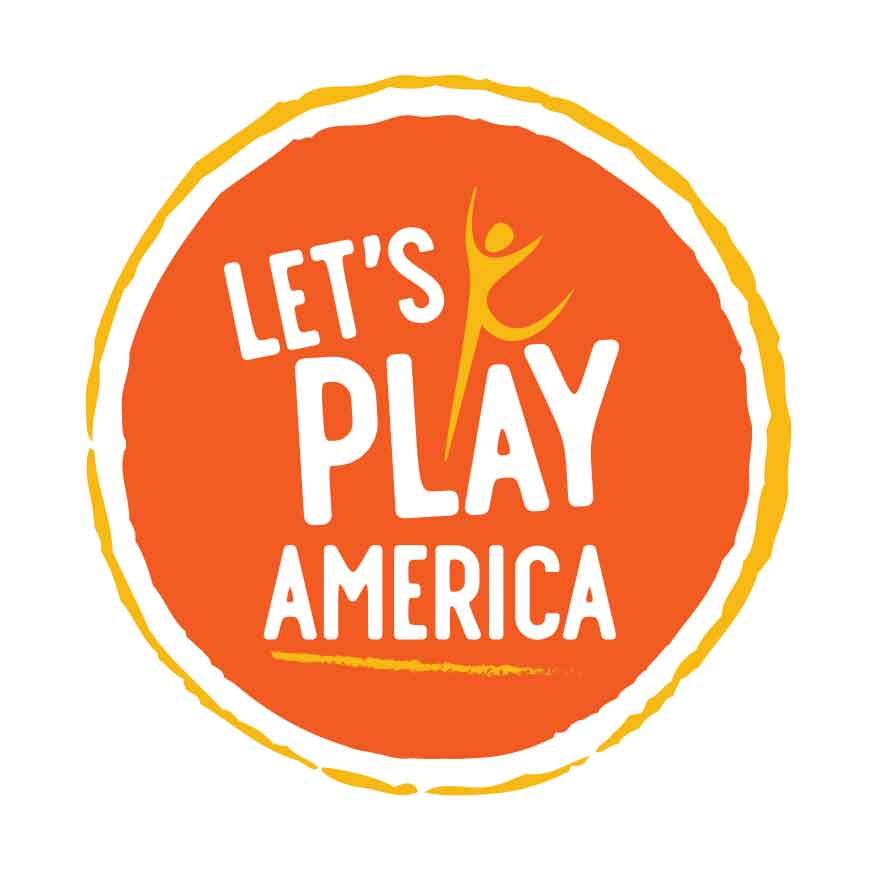

Thanks for reposin this
Seems that the message is more germane than ever.
Add new comment